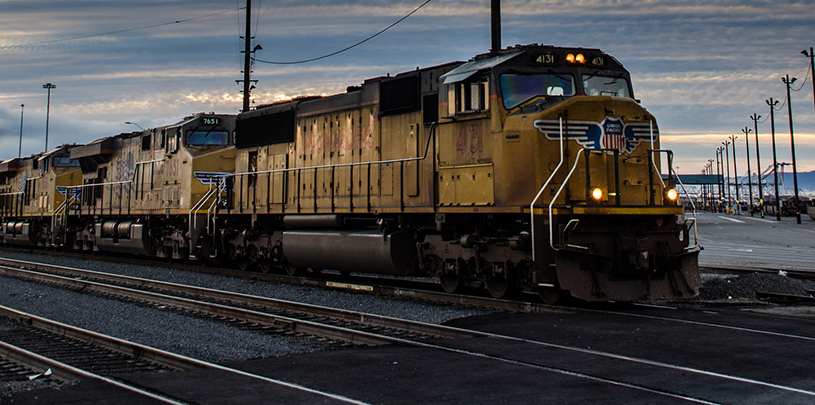
 by Anne Mariah Tapp, Energy Director
by Anne Mariah Tapp, Energy Director
Why would a Utah agency send money specifically intended to benefit Utah communities impacted by mineral development to Oakland, California to build a coal-export terminal? Is this even legal?
That’s the question Utah Attorney General Sean Reyes is being asked to answer in a letter sent earlier this week by the Trust, the Center for Biological Diversity, the Sierra Club and more than fifteen other state, regional, and national organizations.
The story starts back in April 2015, when the Utah Community Impact Board conditionally approved a $53 million loan to four Utah counties. The counties plan to turn around and loan the money to a private company to help build the Oakland Bulk and Oversized Terminal, a shipping facility in the port of Oakland. In exchange for the loan, the Utah counties would be guaranteed the right to ship around 4 to 5 million tons of “commodities” through the terminal to overseas markets annually. Their chosen commodity? Coal mined in Utah, mostly by Kentucky-based Bowie Resource Partners LLC.
The board voted to fund the $53 million loan to the counties in April, but only if the attorney general concludes that Utah and federal law don’t prohibit the board from making the loan. To date, the attorney general has not officially released an opinion.
When private companies extract some minerals, like coal, from federal public lands, they pay royalties and other fees to the federal government. The federal government turns about half of these amounts back over to the mineral-producing states to benefit communities harmed by mineral development. In Utah, at least a third of those funds are doled out by the board.
Utah and federal law require that these funds be used to provide public services and build public infrastructure in Utah, that they benefit the public and not be a pass-through to a private venture, and that they mitigate impacts from fossil fuel production.
The $53 million loan meets none of these criteria. It will fund a trans-Pacific shipping terminal in California that will not be open for public use. It will mostly benefit a California developer and a Kentucky-based mining company, not Utah communities. And it will encourage more coal mining, rather than alleviate coal mining’s impacts—to the detriment of Utah’s public lands and a global climate suffering from coal combustion.
Utah, and the greater Colorado Plateau, is a climate change hotspot that is experiencing the ill effects of our changing climate more quickly and intensely than most of the United States. In this fragile environment, we must use our public lands for public good—this is not the time or the place for fostering more development of dirty, carbon-intensive energy, regardless of whether the law allows it or (as in this case) does not.
Arizona Governor Katie Hobbs is the latest elected official to call for an environmental review of Pinyon Plain uranium mine.
Read MoreDr. Laura Crossey explains what scientists know about groundwater in the Grand Canyon region.
Read MoreMore than 275,000 pounds of radioactive materials imported from the Japan Atomic Energy Agency headed to Utah's White Mesa Mill.
Read More